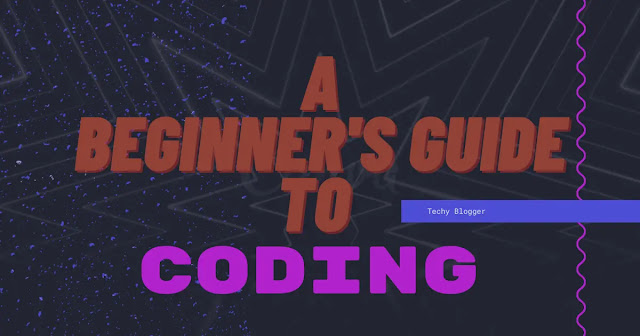A beginner's guide to coding
Coding, also known as programming, is the process of creating instructions for a computer to perform specific tasks. These instructions are known as code, and they are written in programming languages such as Python, Java, C++, and many more.
Before diving into coding, it’s essential to understand the different types of programming languages. There are three main types:
- Low-level languages: These languages are closest to machine language and are used to write system software and operating systems. Examples include Assembly and C.
- High-level languages: These languages are closer to human language and are used to write applications such as games, web browsers, and mobile apps. Examples include Python, Java, and C++.
- Scripting languages: These languages are used to write scripts for web development, automation, and data analysis. Examples include JavaScript, PHP, and Ruby.
Once you understand the different types of programming languages, you can start to explore the different coding platforms and tools available. Some popular options include: A beginner's guide to coding
Coding platforms and tools:
- Codecademy: This online platform offers interactive coding courses for beginners.
- Khan Academy: This online learning platform offers free coding lessons for beginners.
- Code.org: This nonprofit organization offers a variety of coding resources for students and educators.
- CodePen: This online code editor allows users to share and collaborate on code snippets.
- GitHub: This web-based platform allows users to host and share code.
When starting out, it’s essential to choose a language you’re interested in and can easily understand. Python is one of the best for beginners because it is easy to read and write.
Once you have a solid understanding of the basics, you can start building your first project. A simple project such as a calculator or a guessing game will help you understand how coding works and how to use the different tools and platforms.
Coding is a valuable skill to have in today's digital age. It allows you to create websites, apps, and software programs that can solve problems, automate tasks, and make life easier. If you're a beginner looking to learn how to code, here's a guide to get you started:
A beginner's guide to coding:
1. Choose a programming language: There are many programming languages to choose from, including Python, Java, C++, and HTML/CSS. Each language has its own strengths and is used for different purposes. For example, Python is a popular language for data analysis and machine learning, while Java is commonly used for building Android apps. Consider what you want to do with your coding skills and choose a language that aligns with your goals.
2. Find learning resources: There are many online resources available for learning how to code, including video tutorials, online courses, and coding boot camps. Choose a resource that fits your learning style and budget. Some popular options include Codecademy, Coursera, and edX.
3. Practice, practice, practice: Coding is a skill that requires practice to master. As you learn the basics, try to apply what you've learned by building small projects or solving coding challenges. This will help you solidify your knowledge and gain experience. A beginner's guide to coding
4. Get involved in the community: There are many online communities for coders where you can ask questions, get feedback, and share your work. These communities can be a great source of support and inspiration as you continue to learn and grow as a coder.
5. Keep learning: Coding is a constantly evolving field, and it's important to keep learning and staying up to date with the latest technologies and best practices. Consider signing up for newsletters or following industry experts on social media to stay informed.
In conclusion, learning how to code is an exciting journey that can open up many opportunities. With the right resources, you can master the basics and start building your first project in no time. Remember to take it one step at a time and to keep learning and experimenting.
